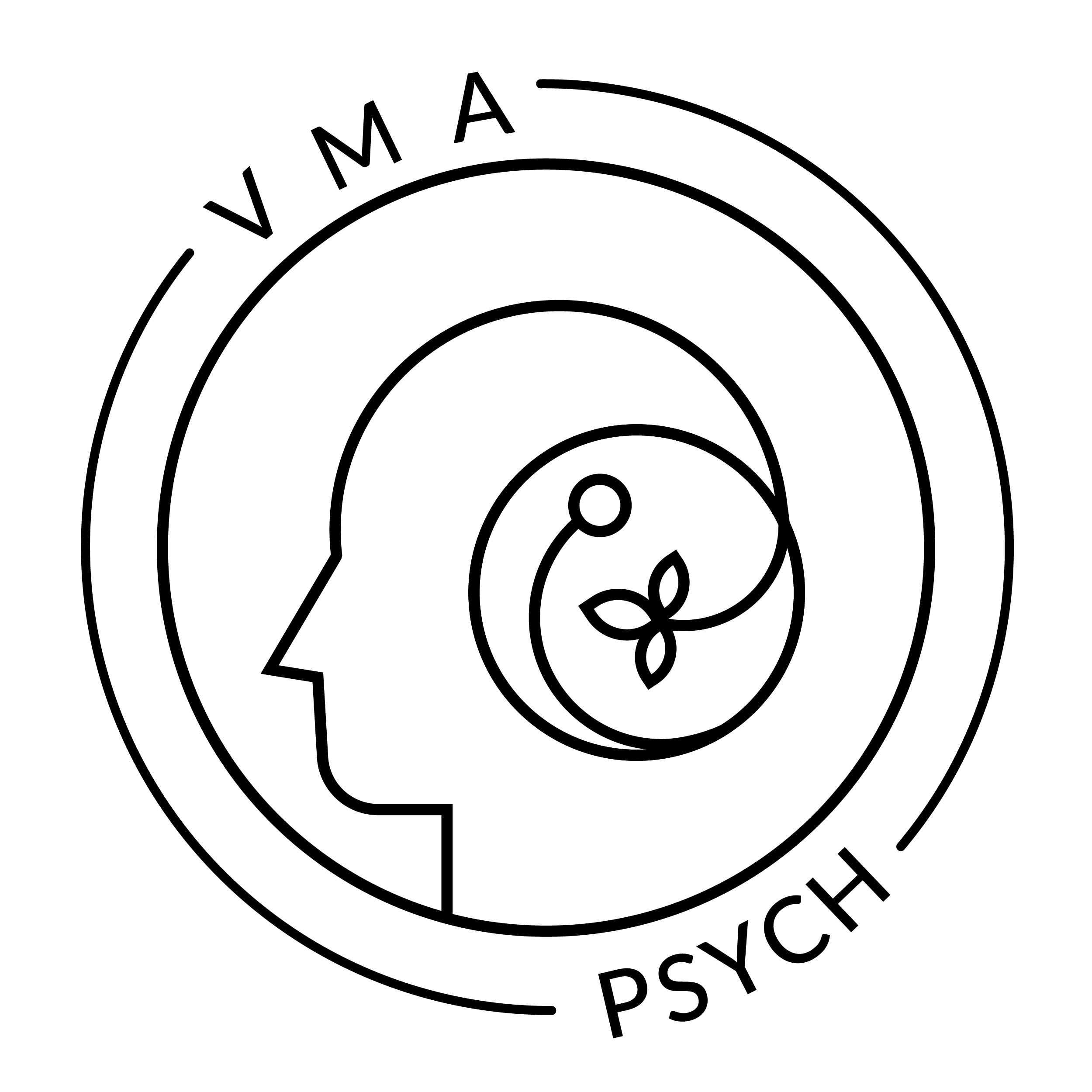
Tips & Tricks
How Conflict Styles Can Impact Relationships
In this article, we’ll explore the most common conflict styles in relationships, the psychology behind them, and how shifting to a collaborative approach can strengthen trust, communication, and long-term satisfaction.
WRITTEN BY
VMA Psych
ON
Nov 21, 2025

Conflict is inevitable in every relationship—but how you handle it can determine whether your relationship grows stronger or starts to unravel. The way couples navigate tension reveals far more than just communication skills, it reflects emotional regulation, attachment style, and the deep-seated habits each partner brings into the relationship.
In this article, we’ll explore the most common conflict styles in relationships, the psychology behind them, and how shifting to a collaborative approach can strengthen trust, communication, and long-term satisfaction.
Understanding Conflict Styles

Conflict styles refer to the habitual, often unconscious ways people respond to tension, disagreement, or emotional threats. These patterns are less about what couples argue about and more about how they argue.
Our early experiences, how we observed caregivers handling disagreements, our attachment patterns, and our emotional regulation skills, all influence how we present ourselves in conflict. Over time, these habits become predictable relational “scripts.”
A healthy conflict style doesn’t avoid tension; it uses it as a pathway toward understanding. Recognizing your own and your partner’s patterns is the first step toward transforming conflict from a source of disconnection into an opportunity for growth.
Is conflict damaging your relationship?
Learn to identify destructive patterns and rebuild healthy communication.
Book a Couples Counselling consultation with VMA Psych today.
Common Conflict Styles That Undermine Connection
While every couple has unique dynamics, research consistently highlights several conflict styles that can erode emotional safety, trust, and intimacy. These styles often prioritize self-protection or control over mutual understanding.
1. The Avoidant Style
The avoidant conflict style involves minimizing or evading confrontation—by withdrawing physically (leaving the room), emotionally (shutting down), or intellectually (changing the subject).
While avoidance can bring short-term peace, it leaves core issues unresolved and signals to the partner that emotional honesty isn’t safe. Over time, this breeds resentment and emotional distance.
2. The Confrontational (Competitive) Style
This style frames conflict as a battle to be won. It includes aggressive communication, criticism, defensiveness, or blame. The focus becomes asserting control rather than understanding.
Couples caught in this dynamic often experience emotional fatigue and eroded trust. What’s lost is not just peace, but the sense that the relationship is a team.
3. The Passive-Aggressive Style
This highly toxic style expresses hostility indirectly—through sarcasm, silent treatment, or subtle sabotage. Because anger is rarely openly acknowledged, resolution becomes impossible.
Over time, the relationship becomes filled with confusion and mistrust, as partners struggle to discern what lies beneath the surface.
4. The People-Pleaser (Accommodating) Style
This style prioritizes harmony at all costs. The people-pleasing partner yields quickly, suppressing their own needs and emotions to avoid conflict.
While it may appear peaceful on the surface, this pattern breeds internal resentment and disconnection. True intimacy requires the ability to express disagreement in a safe and respectful manner
.
5. The Volatile Style
Passionate, fiery, and emotionally charged, the volatile style thrives on intensity. Arguments can feel alive—but they often spiral into overwhelm.
Though emotional expression is high, regulation is low. Constant volatility keeps both partners on edge, preventing the calm necessary for problem-solving and emotional repair.
The Healthiest Approach: The Collaborative Style

The Collaborative (or Problem-Solving) style is the healthiest and most constructive approach to conflict. It shifts the focus from blame to understanding.
This style involves:
Active listening – truly hearing your partner’s perspective before responding.
Emotional regulation – calming your nervous system before re-engaging.
Focusing on the issue, not the person – separating the problem from identity.
Using “I” statements – expressing needs without accusation.
Collaborative conflict fosters emotional safety and mutual respect, allowing couples to resolve issues while deepening trust. Over time, it builds a foundation of secure attachment—a sense that even when things get hard, both partners remain emotionally accessible and engaged.
Psychological Insight: Conflict as a Mirror of Attachment
From an attachment perspective, conflict styles often mirror early emotional patterns. Avoidant styles tend to emerge from families where emotions were discouraged, while volatile or anxious styles may stem from inconsistent caregiving.
Learning to recognize these roots can foster empathy—for yourself and your partner—and open the door to healing old relational wounds.
For a deeper exploration of how couples can manage conflict and stay emotionally connected, Dr. John Gottman’s book The Seven Principles for Making Marriage Work offers excellent insights grounded in decades of research on relationship health.
Turning Conflict Into Connection
Conflict doesn’t have to mean disconnection—it can be a turning point. When couples learn to identify and shift their conflict styles, they unlock a deeper level of communication and understanding.
If conflict has become a source of pain in your relationship, support is available. Couples Counselling at VMA Psych can help you:
Recognize destructive communication patterns
Develop healthy conflict resolution strategies
Rebuild safety, trust, and connection
Strengthen emotional intimacy and long-term partnership
Conflict is inevitable. Disconnection isn’t. With guidance and insight, every disagreement can become a step toward stronger understanding and emotional closeness.
Is conflict damaging your relationship?
Learn how to navigate destructive conflict patterns and build stronger communication. Book a Couples Counselling session with VMA Psych today.
Welcome to VMA Psych.
Your trusted provider of exceptional mental health services in the GTA & beyond. Learn More
With 40+ years as Toronto's leading psychologists, we guide individuals through life's complexities, offering specialized services for a brighter future.



















